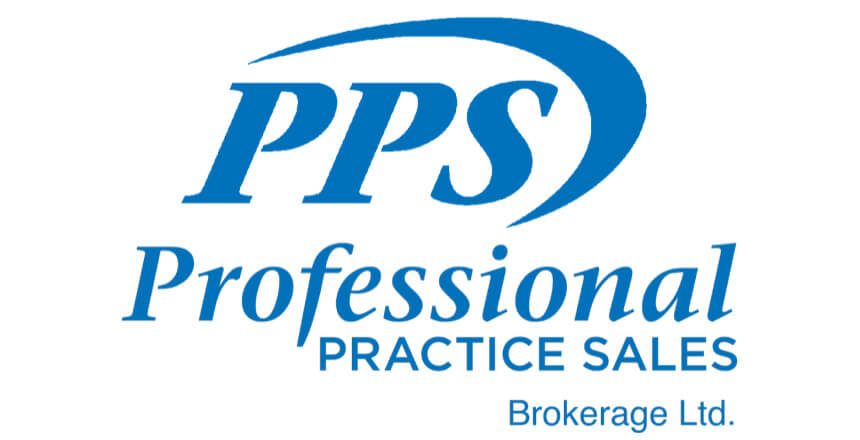
The question of how you can grow your practice often comes up when we are presenting our findings after completing a comprehensive Dental Practice Valuation. Many of our clients are surprised to hear us report that an associate may not be the best way to achieve that goal. Their understanding was that in order to grow they need more hands to do the dentistry and therefore an associate will provide for that. Additionally, they will argue that in order to be able to take more time off they need an associate to be there to keep the practice open and the revenue coming in. If that is the case then an associate is one consideration but there are a few other possible solutions that warrant review first;
- Consider an expanded duty hygienist. This has proven to be a very effective solution for many dentists. One of the additional benefits is it allows you to focus your efforts on some of the more comprehensive aspects of dentistry which many dentists find more challenging and rewarding.
- Look critically at how your days are booked. Are you being as efficient with your time as possible? Many times if you adjust your scheduling you will find that you can be more productive without working more hours. If you are unsure of how to analyze this, consider hiring a consultant who is an expert in this area. The investment will be extremely valuable.
- Consider referring out treatment to specialists. If you find yourself taking too long to complete the procedure or continually have to re-treat certain types of cases, a specialist may be a good solution. Alternatively, there are many specialists that will see your patients in your office which is another good option.
- Consider adding new technology or improving clinical skills. If you are too busy with your regular dental procedures, you can look at improving both your current clinical skill set, and the adoption of the new technologies that are now available. In most cases, this strategy can generate more profitable procedures, speed up the delivery of most procedures, improve the profile of your practice, and importantly, may give you a greater level of job satisfaction.
If you determine that the only solution is to bring on an associate then consider the fact that you will be risking the single biggest asset you have in your practice, the Goodwill. I say “risking” because we have all heard the stories of the associate who has been with a practice for a few years and leaves to set up close by and many of the patients follow him or her. It does happen and it can have a devastating impact on your practice’s profit and value. You can try to limit the risk by having an enforceable agreement with your associate but even then, there is some risk. You can also limit the risk by ensuring that the patients are still your patients. You should still see all the new patients and try to limit the number of patients that are only seen by your associate. Perhaps you could let the associate do only certain types of treatment on your patients and you do the rest. Resist the temptation to allocate some patients to the associate and some patients to you.
If you do have an associate, or are going to add one it is imperative that you engage an expert “dental lawyer” to prepare a reasonable associate agreement that is enforceable and assignable. You should also pay very close attention to the level of production that your associate contributes to your practice. When we are involved with the sale of a dental practice that has associate’s these contracts and the production become critical to the new owner. If for instance you have an associate who is responsible for 50 per cent of the professional billings (not including hygiene revenue) and you do not have an agreement with that person, I would suggest the goodwill value of your practice is severely at risk. Practice sales have fallen apart due to the high producing associate being informed of the sale just prior to closing, and being presented with an associate agreement for the first time and justifiably refusing to sign it. Why would he or she want to sign an agreement with someone they don’t know and may not have even met? They may demand a higher percentage or even worse, decide to leave and either set up or join a neighbouring dentist with “their” patients who are really your patients. This would come as a terrible shock to you as you are just preparing to enter your retirement years and now have to re-build your practice instead. In the end your involvement with your patients and a very good contract with the right person will determine if your associate is an asset or a liability.

